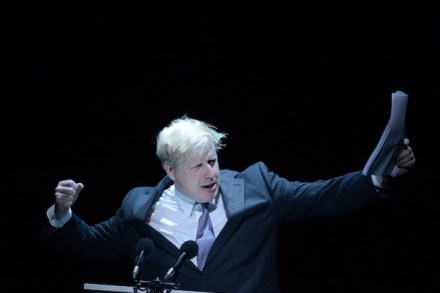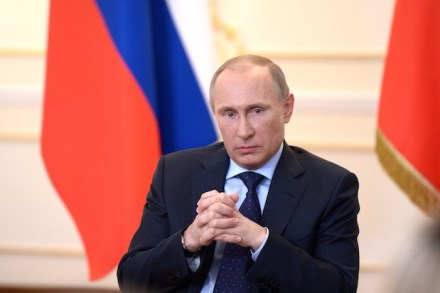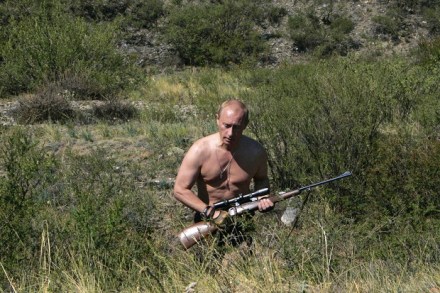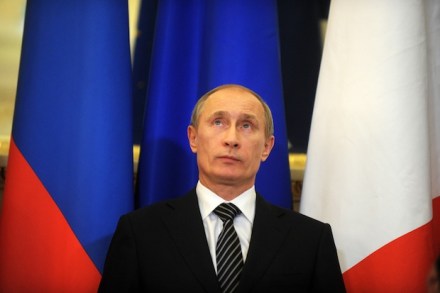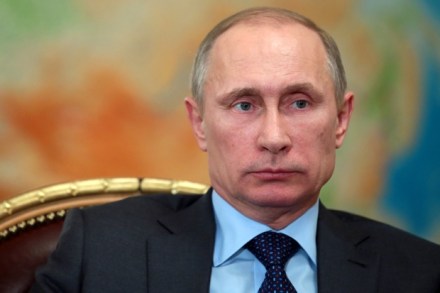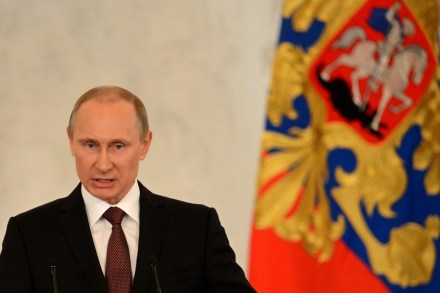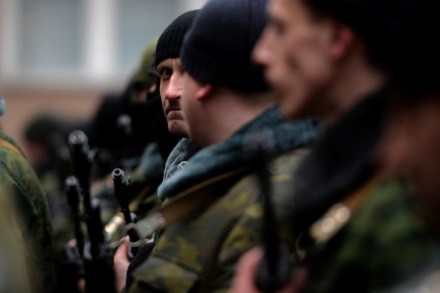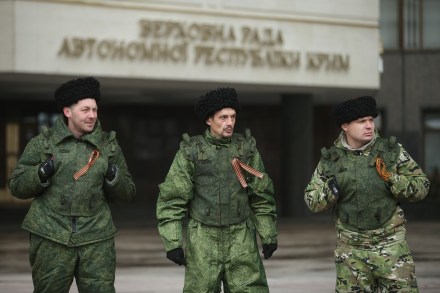Boris should call a referendum
Everyone can see that the West has no idea what to do about Russian power in the Ukraine. Britain, in particular, is at the margins. It is time for the Mayor of London to fulfil his historic role of stealing a march on more conventional politicians. Boris should take a leaf out of President Putin’s book and call a referendum of Londoners. He should ask them whether they would like all Russian housing in London to be seized, and be inhabited, instead, by British families. I predict a Yes vote whose percentage would exceed even that of the recent Crimean plebiscite. Obviously the Mayor, unlike Putin, has no military forces
